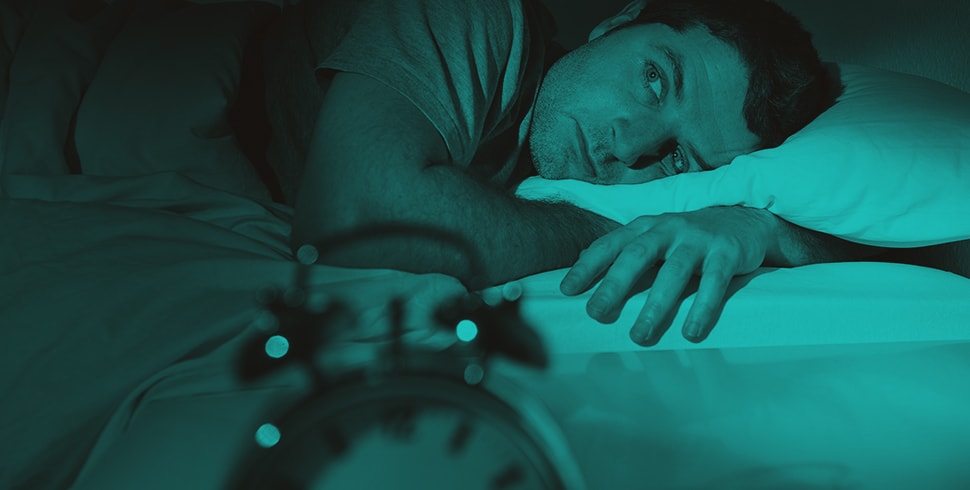The use of CBD has come a long way since it was first investigated in the 1940s. But it is only in recent years that its popularity has soared. So much so that CBD oil is available in most high street chemists and health stores. Furthermore, CBD-infused products are flooding the market and many are questionable. We need to ask at this stage, have CBD products gone too far?
It’s no surprise that everyone and their dog wants to get into the CBD market. The global CBD market which was at USD 2.8 bn in 2020 “is expected to expand at a compound annual growth rate of 21.2% from 2021 to 2028”. That’s major league money. As a result, many companies and niche markets that previously had nothing to do with CBD, are jumping on the bandwagon.
What CBD Products Are Out There?
The spread of CBD products can be likened to a pebble thrown in a pond and watching the ripples spread out. We start with CBD oil – the basic, but essential CBD product. It’s simple unadulterated hemp oil containing the vital cannabidiol we want.
Then we have products containing the CBD in more palatable forms. For instance, capsules which are simply a container for the oil. There are also tinctures that use an alcohol suspension to hold the CBD and are often flavoured for a more pleasing experience.
The next ripple could be edibles – food, drinks, and gummy sweets that contain CBD. This is a growing area as it introduces CBD in familiar products like chocolate or biscuits. We are much more used to seeing and consuming these products than oils. We might also see the smokers represented here in the form of vapes and flower strains.
On the next imaginary ripple, we could see skincare and bathroom products like shampoos and topical balms. These are all valid as they represent a way of getting CBD directly into, or rather onto, the body. Of course, ingesting CBD as food and applying CBD topically produce different reactions.
Finally, the ripples fade out to nothing. Here we reach the realms of product development that might have a use, but then again, could be pure bandwagon material. It’s debatable whether they can in any way get CBD into the body and have an effect.
What CBD Products Are Long Shots?
Obviously, we’re not going to name companies who are making, in our opinion, possibly dubious CBD products. But we can examine the type of products now attracting customers through glossy advertising campaigns and high-end marketing.
Mattresses, Pillows, Mattress Toppers, and Bed Linen
CBD is closely associated with sleep, more importantly, getting better sleep. Anecdotal evidence reports that taking CBD can lead to a deeper sleep with reduced waking. It is also reputed to help people fall asleep more quickly.
A 2019 study tested CBD on people who had anxiety and associated sleep problems. It reported that of the 72 subject patients, 48 experienced greatly improved sleeping patterns.
Sleep is a vital physical function and just as important as eating and drinking. If we don’t sleep properly many other aspects of our health are affected. CBD has become an extremely popular remedy for disordered sleep. Unsurprisingly, sleep – which concerns every single person on the planet – has become a focal point for CBD product manufacture.
Products such as mattresses, pillows, mattress toppers, and bed linen are selling the concept of CBD ‘micro-encapsulation’ or ‘micro-infusion’. Somehow, micro-capsules are incorporated into these products. While you sleep, your body movements crush the capsules to release molecules of CBD. This is supposed to help you sleep and remain asleep for longer.
The CBD being released is highly unlikely to be absorbed through the skin, especially if you’re wearing pyjamas! The problem is, manufacturers seem to have a hard time explaining exactly how the products work. In addition, these expensive and often major purchases, have a lifespan. There is some acknowledgement that the CBD content will diminish over time or with frequent washing. So, are they worth buying if they are not going to last? Wouldn’t it be simpler and more reassuring to take a CBD capsule before bed?
CBD Workout Gear
Athleisure wear and yoga or workout gear are no longer confined to exercise. Many of us wear it every day. Now you can buy even more expensive gear containing CBD in strategic places. These allegedly release microscopic amounts of CBD to the muscle groups under strain, for example, the shoulders, back, and legs.
We know that CBD does not enter the bloodstream through the skin (unless designed to via transdermal patches). CBD is an anti-inflammatory and is also a popular remedy for pain, although research is lacking to fully support the claims. Many fans use CBD in the belief it can speed up muscle recovery and reduce soreness caused by strenuous exercise.
CBD in a topical balm may relieve muscle strain at source. But that involves CBD reaching the nerves under the skin through direct contact and some degree of massage. Whether the skin can ‘breathe in’ CBD micro-particles is debatable.
It’s no surprise that manufacturers have thought to combine two lucrative markets into one – CBD and workout gear. As with mattresses and pillows, manufacturers acknowledge that washing will reduce the CBD’s potency. Unless the people buying these products are not going to wash their sweaty clothes after each workout, they will be left with another set of expensive workout clothes before long.
Rank Outsiders
There are certain products guaranteed to raise eyebrows. CBD socks, anyone? A CBD-infused facial massage glove? But others could be viable. For instance, toothpaste and mouthwash may seem like they are simply there to catch a growing market. However, CBD is known to be anti-inflammatory, and it may be antibacterial as well. These can be beneficial properties in an oral hygiene product.
Other lifestyle products, like fragranced candles or perfumes containing CBD, may promote a better mood. But there’s little research to suggest any benefit from being near airborne particles of CBD. Products like these may improve our wellbeing by providing comfort, enhancing a relaxing environment, or even boosting our confidence.
We are not saying these products don’t work. They are selling, so they must have consumers curious enough to buy them and believe they work. But the science of CBD suggests that it’s unlikely many of them can be as effective as ingesting or inhaling CBD directly into the body.
A Safe Bet
There is presently not enough scientific research to support many of the claims made by CBD aficionados. However, medicinal cannabis is now moving into clinical practice, with approvals for use in rare childhood epilepsy, MS, and nausea caused by chemotherapy. It is also being investigated for neurological diseases such as Parkinson’s and Alzheimer’s.
For now, we have to mainly rely on anecdotal reports that CBD may be helpful in many ways. These include pain relief, inflammation, skin conditions, poor sleep and stress. If you are considering CBD as a supplement, go for the products that have a solid track record. (CBD is not recommended for anyone pregnant or breastfeeding. It’s always advisable to consult your doctor before taking CBD.)
Oils, capsules and edibles will get CBD into your system, some faster than others. Buy from a trusted source, like CBD Village, and you should have confidence in the product. But they might not work for everyone. You may need to explore brands and strengths and expect some trial and error. That said, you are probably more likely to feel the benefit of CBD through a good quality oil or gummy bear. CBD socks or toothpicks should be at the bottom of your shopping list.






